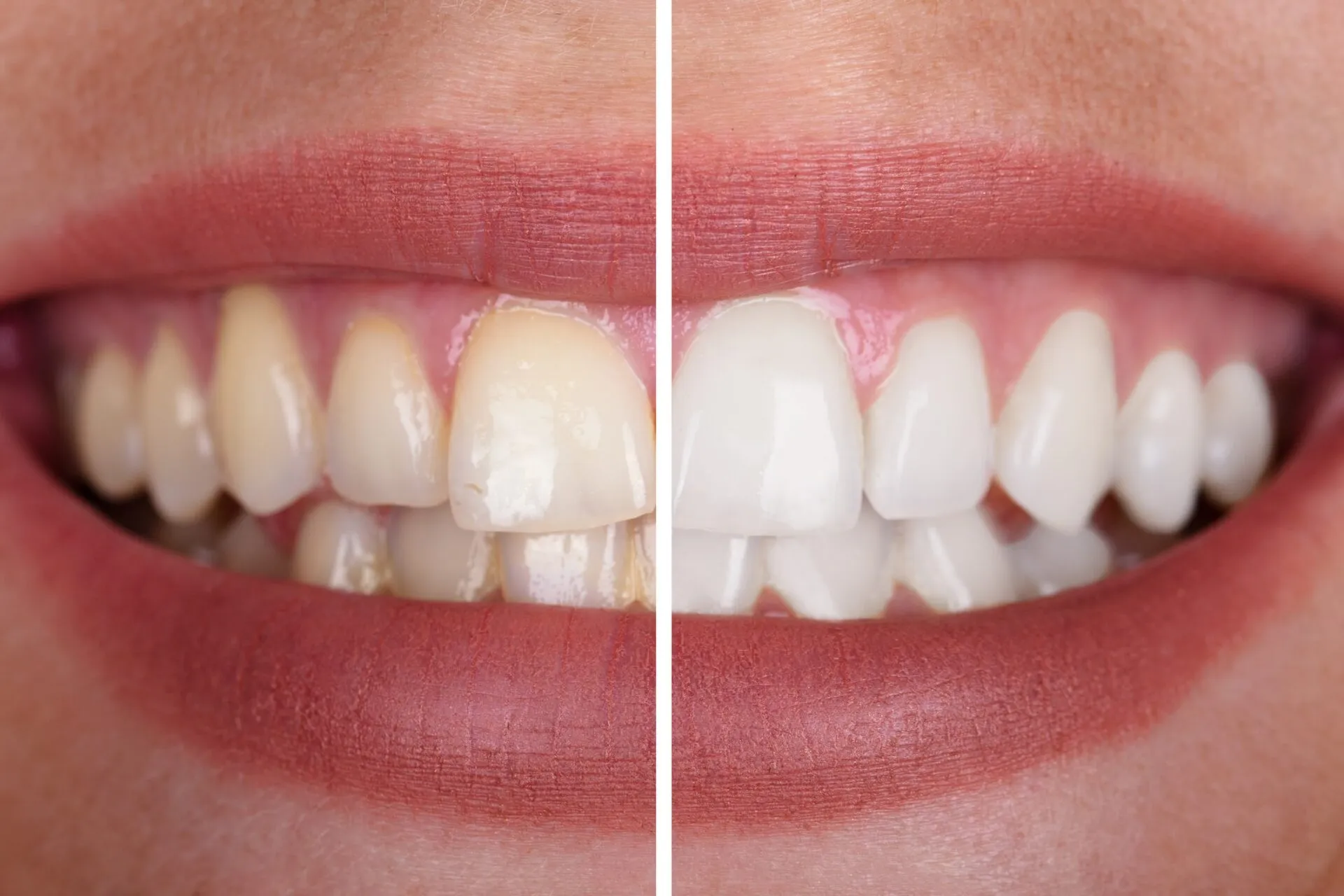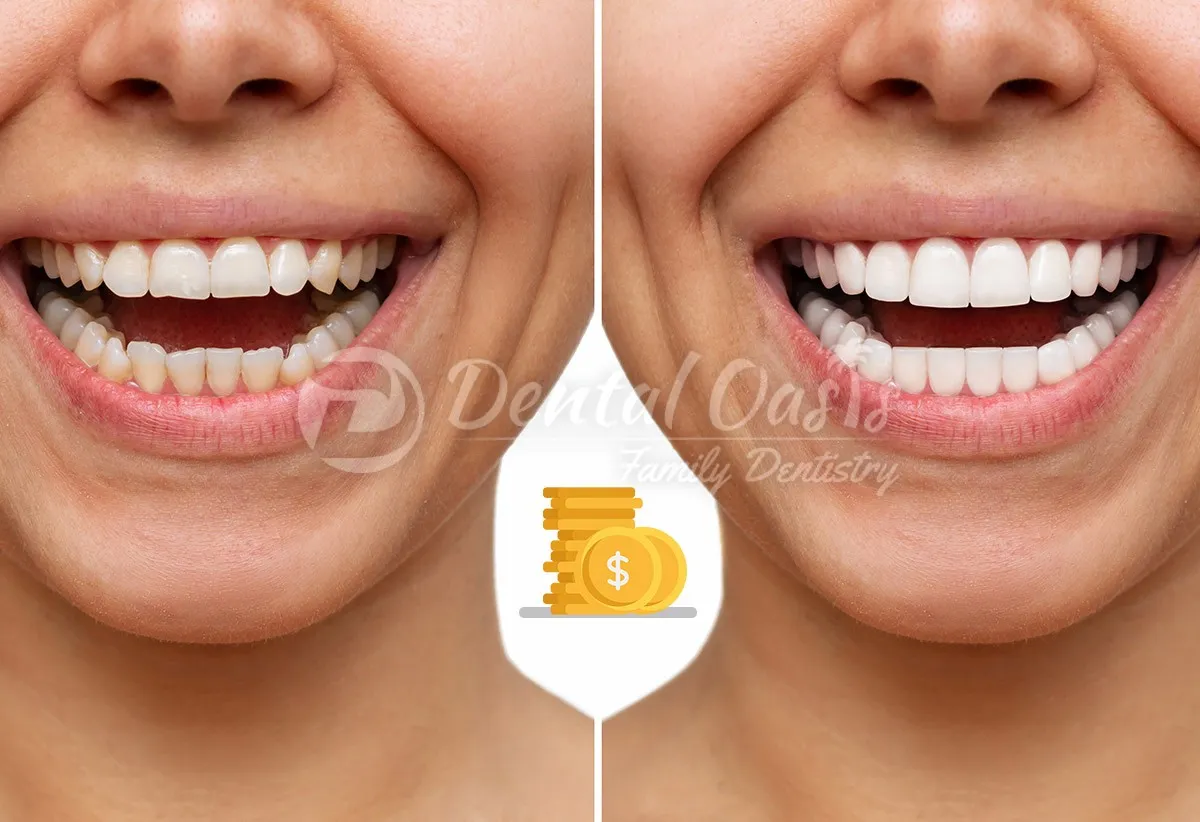Teeth Whitening Cost Guide: Top 5 Factors
Achieving a brighter, more confident smile is a common goal, and teeth whitening is a popular solution. However, the cost of teeth whitening can vary significantly, making it essential to understand the factors that influence the price. This guide will break down the key elements that determine how much you can expect to pay for professional teeth whitening, helping you make an informed decision and find the best option for your budget and needs. From the type of treatment to the dentist’s location, several variables play a role in the final cost.
Understanding the Cost of Professional Teeth Whitening
Professional teeth whitening offers a more effective and often quicker solution than over-the-counter products. Dentists have access to stronger bleaching agents and can perform procedures in a controlled environment, ensuring optimal results and minimizing potential risks. The cost of professional teeth whitening typically includes the dentist’s fee, the cost of the whitening materials, and the time invested in the procedure. It is important to remember that the price reflects not only the treatment itself but also the expertise of the dental professional and the quality of the products used. Investing in professional teeth whitening can save you money by avoiding the pitfalls of over-the-counter options and providing superior results, leading to a brighter, healthier smile.
Types of Teeth Whitening Treatments Offered

Dentists offer various teeth whitening treatments, each with its cost and effectiveness. These treatments typically fall into two main categories: in-office procedures and at-home whitening kits provided by the dentist. The choice between these options depends on your preferences, budget, and the severity of your teeth’s discoloration. Understanding the differences between these methods will help you choose the best path to a brighter smile and the associated costs.
In-Office Whitening Procedures
In-office teeth whitening is a fast and effective way to achieve dramatic results. During this procedure, the dentist applies a high-concentration bleaching agent to your teeth, often followed by the use of a special light or laser to enhance the whitening process. The entire procedure typically takes about an hour, and you can see a significant improvement in your teeth’s brightness immediately. While in-office whitening is generally more expensive than at-home options, it offers the convenience of immediate results and the assurance of professional supervision. The dentist can also monitor your teeth throughout the procedure, minimizing the risk of any adverse effects. The cost reflects the expertise of the dental team and the high-quality materials used. (Image: in-office-teeth-whitening.webp)
At-Home Whitening Kits Provided by Dentists
At-home whitening kits provided by your dentist offer a more flexible and affordable option. These kits typically include custom-fitted trays and a lower-concentration bleaching gel. The dentist will take impressions of your teeth to create the trays, ensuring a comfortable and precise fit. You will then wear the trays with the bleaching gel for a specified amount of time each day or night, as directed by your dentist. Although at-home kits take longer to produce results than in-office treatments, they offer the convenience of whitening your teeth in the comfort of your home and are generally less expensive. Regular check-ups with your dentist are often recommended to monitor your progress and ensure the whitening process is effective and safe. (Image: at-home-teeth-whitening-kit.webp)
Factors Influencing the Price of Teeth Whitening

Several factors affect the cost of teeth whitening, and understanding these can help you anticipate the final price. The choice of treatment (in-office vs. at-home), geographic location, the severity of the staining, and the technology used all play a role. Additionally, the dentist’s experience and any pre-whitening procedures will contribute to the overall cost. Being aware of these factors allows you to compare options and find the most cost-effective solution that meets your needs. (Image: dentist-examining-teeth.webp)
Geographic Location and Dentist’s Expertise
The cost of teeth whitening can vary depending on where you live. Dental practices in larger cities or areas with a higher cost of living may charge more than those in smaller towns or rural areas. The dentist’s experience and expertise also influence the price. Highly experienced dentists or those with specialized training in cosmetic dentistry may charge more for their services. Researching different dental practices in your area and comparing their fees can help you find a dentist who offers high-quality services at a price you can afford.
The Severity of Discoloration and Staining
The extent of the discoloration on your teeth will also affect the cost of teeth whitening. If you have severe staining, the dentist may need to use a stronger bleaching agent or perform multiple treatments to achieve the desired results. Additionally, some types of stains, such as those caused by tetracycline antibiotics, are more difficult to remove and may require more extensive treatment. Before beginning any whitening procedure, your dentist will assess the severity of your staining and explain how it will affect the cost and the potential outcomes. (Image: teeth-whitening-before-after.webp)
Treatment Methods and Technology Used

The specific treatment methods and technology used by the dentist also play a role in determining the cost. Some dentists use advanced light-activated systems or lasers to enhance the whitening process, which can increase the price. The type of bleaching agent used, whether it’s a higher concentration or a special formula, can also affect the cost. During your consultation, be sure to ask about the techniques and technologies the dentist uses, as this can give you a better understanding of the value you are receiving. (Image: teeth-whitening-procedure.webp)
Additional Costs and Considerations
Beyond the basic cost of the teeth whitening treatment, there may be additional expenses to consider. These can include consultation fees, pre-whitening procedures, and any necessary follow-up appointments. It is essential to factor in these potential costs to get a complete picture of the total price. Discussing these additional costs with your dentist upfront will help you avoid unexpected expenses and make informed decisions about your treatment. (Image: teeth-whitening-results.webp)
Consultation Fees and Pre-Whitening Procedures
Many dentists charge a consultation fee to assess your teeth and discuss your whitening options. During this consultation, the dentist will examine your teeth, take x-rays if necessary, and determine if you are a good candidate for teeth whitening. If you have existing dental issues, such as cavities or gum disease, you may need to undergo pre-whitening procedures before starting the whitening treatment. These procedures, such as fillings or cleaning, will add to the overall cost. It is important to discuss these potential expenses with your dentist to ensure that you are prepared for the total cost of treatment.
Maintenance and Follow-Up Appointments

After your teeth whitening treatment, you may need to schedule follow-up appointments to monitor your results and ensure your teeth remain healthy. Additionally, you may need to purchase maintenance products, such as whitening toothpaste or touch-up kits, to maintain your brighter smile. These maintenance costs should be factored into your overall budget. Following your dentist’s recommendations for oral hygiene and regular dental check-ups can help you maintain your results for a longer time. (Image: happy-patient-teeth-whitening.webp)
Comparing Teeth Whitening Costs
Comparing the costs of different teeth whitening options is essential to ensure you are getting the best value. This involves comparing the prices of in-office whitening, at-home kits, and other available treatments. Consider the long-term cost-effectiveness of each option. While in-office whitening may have a higher upfront cost, it provides immediate results and can be more effective for severe staining. At-home kits are often more affordable but may require more time to achieve the desired results. (Image: teeth-whitening-results.webp)
In-Office Whitening vs At-Home Kits
In-office whitening typically costs more than at-home kits. However, the immediate results and professional supervision provided by in-office treatments can be worth the extra expense for some. At-home kits offer a more budget-friendly option, allowing you to whiten your teeth at your convenience. The choice between these options depends on your budget, the severity of your staining, and your personal preferences. Discussing these options with your dentist will help you determine which is the best fit for you.
Cost-Effectiveness of Different Whitening Options

When evaluating the cost-effectiveness of different whitening options, consider the long-term value and the results. While some options may be cheaper upfront, they may not last as long or provide the same level of whitening as professional treatments. Consider the potential savings from avoiding the need for multiple treatments or touch-ups. The best approach is to find a balance between the cost and the quality of the results and to choose the option that best meets your needs and budget.
Finding Affordable Teeth Whitening Solutions
If you’re looking for affordable teeth whitening solutions, several options can help you achieve a brighter smile without breaking the bank. Comparing prices from different dental practices is the first step. Look for practices that offer special promotions or payment plans. Considering at-home whitening kits provided by your dentist can also be a cost-effective option. While you may not get the immediate results of in-office whitening, you can achieve a noticeable improvement in your teeth’s brightness over time. Remember that maintaining good oral hygiene, including regular brushing, flossing, and dental check-ups, can also help keep your smile bright and healthy, reducing the need for frequent whitening treatments.
